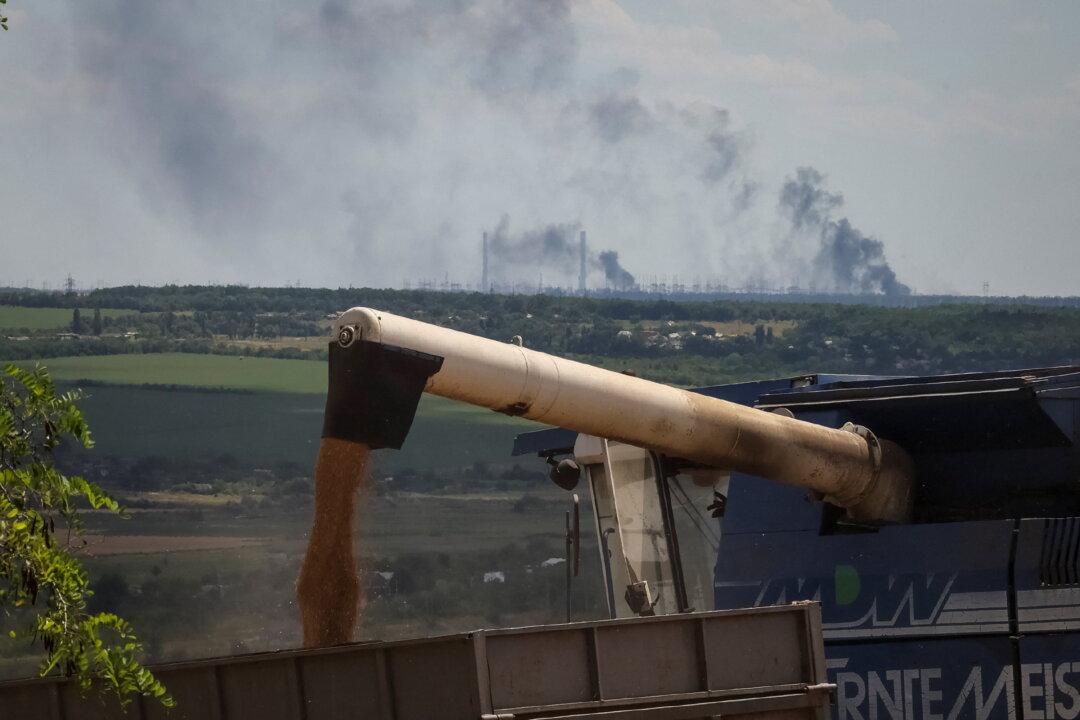Officials from Russia, Ukraine, Turkey, and the United Nations have agreed to a deal to resume exports of Ukrainian grain through the Black Sea, according to Turkish and U.N. officials.
A general agreement that was reached during talks in Istanbul last week will be put into writing, and signed by all parties on July 22 at the Dolmabahce Palace offices in Istanbul, Turkish President Recep Tayyip Erdogan’s office said in a July 21 statement.




